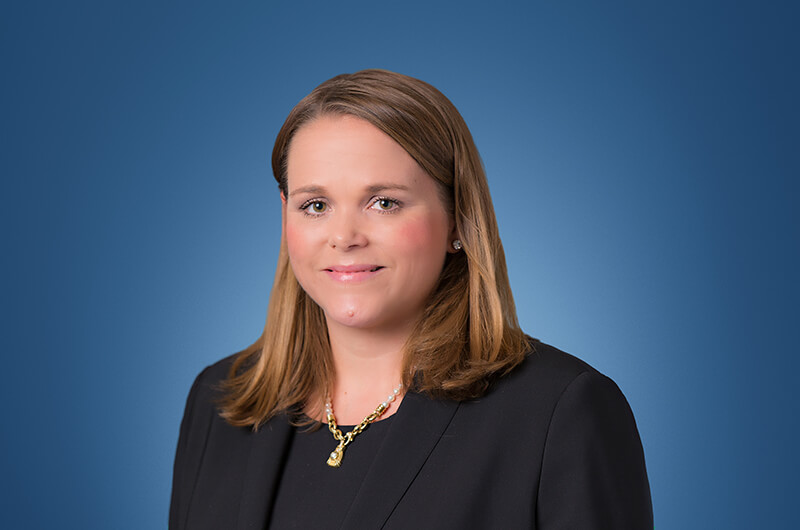I believe that why you do the work you do means a lot more than what work you do. I started this law firm 38 years ago to challenge the status quo and to level the playing field for policyholders versus their much larger and financially superior insurance companies. I envisioned a law firm of champions and knights for policyholders who could stand up to the army of mercenary insurance company attorneys. I say “mercenary” because I could not imagine explaining to my maker that I had used my God-given talents to save Travelers Insurance Company $25 million versus passionately using those talents and encouraging others with a similar mindset, in a much more fulfilling, just, and noble cause.
In my book, Mavericks and Merlins: Sailors And Renegades Leave Shore, What About You?, I shared a number of stories and personal philosophies. One of those stories discussed why I left a growing insurance defense firm and started this law firm in 1985:
I learned almost immediately that insurance companies always know their rights. Policyholders often don’t. If you or your attorney don’t know your rights, mistakes will happen. Judgments may be unjust or totally unwarranted. Claims can go unpaid when they should be paid in full.
…
It dawned on me that I was representing the wrong side. The policyholders had no one to advocate for them. At the time when I started Merlin Law Group in 1985, no attorneys (to my knowledge) were specializing in representing policyholders in property-claim disputes with insurance companies. It was such a highly specialized part of the law that it had been overlooked, at least in the state of Florida. The insurance companies had top-flight talent. I thought policyholders should as well.
Insurance is one of the only products that we’re forced to buy. If you have a mortgage, you’ll have to buy homeowner’s insurance. If you own a car, you can’t legally roll down the road without car insurance. The problem is that most people don’t know what they’re paying for when they buy insurance because they don’t read and understand the policy. Heck, sometimes I don’t even read some of my policies. As a consequence, customers don’t know their rights and the insurance company can often find ways to get out of paying claims. Most attorneys don’t even know how to interpret the complicated and convoluted language used in insurance policies. Sometimes I think the language is written that way on purpose.
As these ideas were churning in my head, opportunity came calling. A client, Gale Porter, was fighting the local telephone company over a rate dispute. The case involved the client’s acquisition of special time/weather telephone lines from the telephone company as part of the overall breakup of the large monopoly. My client’s customers could call a number to get the time or the local weather, and an ad would come up as well. The advertising dollars were supposed to generate sufficient profit to make the purchase of the lines worthwhile. After the purchase, however, the telephone company turned around and charged three times the previous rate for the lines. Porter sued, saying that the rate increase was unfair, that it was almost retaliatory, in that the telephone company seemed to be getting back at the client for being part of the breakup. If a rate adjustment couldn’t be arranged, the client would lose the investment and go out of business. I spent hundreds of hours on the case. We won.
And this time I really did go home with a big smile on my face. I knew I’d made a positive difference in the world. One that I was proud of. That drove home the point that I wasn’t happy working for the insurance companies. I had to get out of there. I just wasn’t sure how.
Not long afterward, that client, Gale Porter, called me to say he had set aside some office space for me in his building. He’d known I was interested in starting my own law practice, and that I wanted to represent policyholders. I hurried over to see what the client had in mind. The windowless office was tiny, but it could be mine at an affordable rent. If I lived with friends to save money, ate nothing but ramen noodles and cheap hot dogs, and drove an old beater, I figured I could make a go of this crazy venture.
When I told some people about my plans, they said at twenty-six I was too young to open my own practice. I weighed their advice carefully. It was sobering to be told I would probably fail, and that I should stay safe and stick with the big firm and follow a traditional career path. In the end, I decided to take the risk of starting my own law firm. I intuitively knew that if I didn’t, I would probably regret it for the rest of my life. At the very least, I would have been left wondering what would’ve or could’ve been; not a comforting place to be on an emotional and psychological level.
If you’re not passionate about what you do, what’s the point of doing it? I understand that many of us feel we don’t have choices in what we do, but I’ve never believed that. Some studies say that 71 percent of us hate our jobs. To me, that’s sad. We spend the majority of our time at work. We might as well do something we love. Otherwise, we’re wasting our lives, and we’re not realizing our true potential if we don’t even try to get there.
I recall conversations with my dad about why it’s so important to follow your passion, to make the choice to move forward with a dream instead of ignoring it or making excuses as to why you can’t make that dream a reality. My dad used a hypothetical example of a bridge tender to make his point. If all you want to do is open and close a bridge when a boat comes along, watch the seagulls, and enjoy the natural setting, then choosing a career as a bridge tender makes sense. You know you will never earn piles of cash, and you don’t care. You’re happy doing what you love.
If you understand this about me, you know the answer to the second question of the title of this blog post without me explaining it.
Insurance companies treating our clients with wrongful claims practices are our enemy. Insurance company lobbyists trying to prevent or change laws that support policyholder rights are our enemy. Insurance company attorneys advocating for common law that erodes the right of policyholders to hold wrongdoing insurance companies free from accountability are not our friends because they are champions for those that want to harm those we represent. Those attorneys are like “Darth Vader.” That is how I and those in our law firm view the world.
In my sense of the world, policyholders are entitled to full justice. They are entitled to full and prompt compensation. They are not the enemy of the insurer just because they had a loss that makes the insurer unprofitable.
I know that there are others who share these same beliefs and views. I am surprised that some enlightened insurance company executives do not contribute to United Policyholders and the American Policyholders Association because they should look at wrongdoing insurance companies the same way as we do.
For the people who see the world as we do, I urge you to go to the United Policyholders and American Policyholders Association websites and make contributions. Become involved.
Thought For The Day
You must be the change you wish to see in the world.
—Mahatma Gandhi




